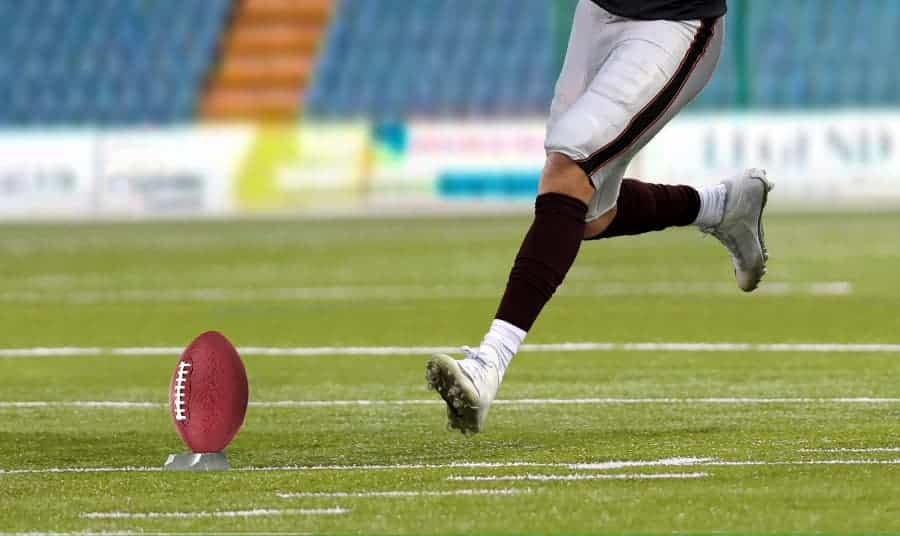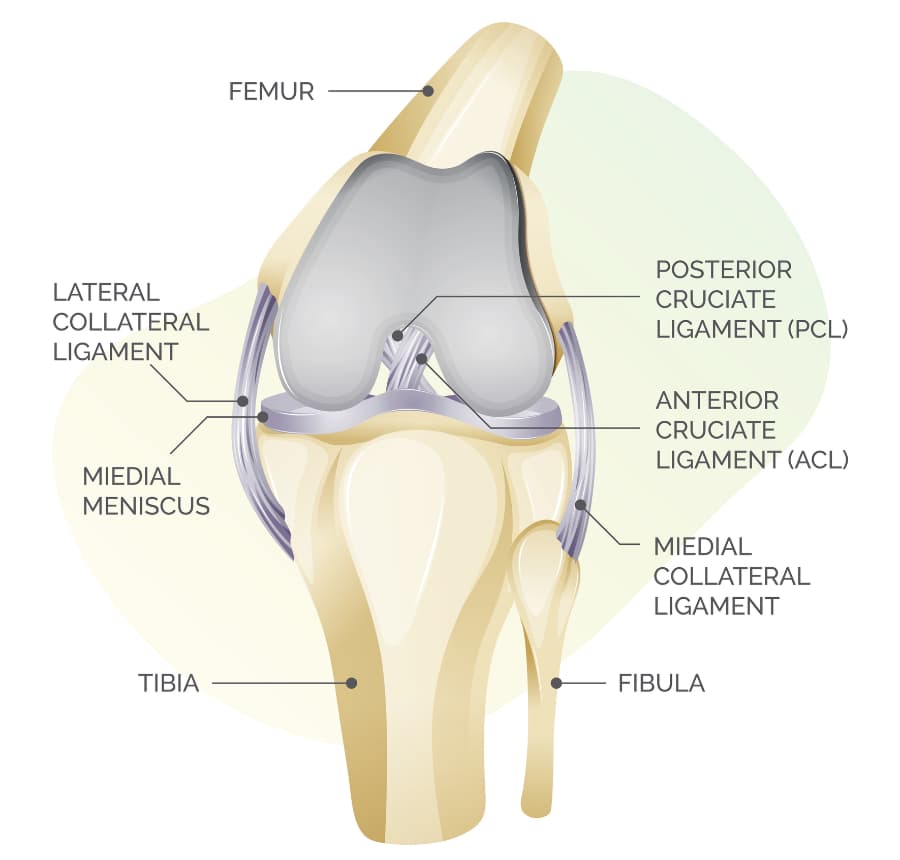
MCL Tear Treatment in Hoover and Birmingham, Serving Central Alabama
Sports accidents can be discouraging. Not only are they painful, but they also take patients away from the activities they love. If you have recently suffered a sports injury, such as an MCL tear, you may be searching for a reputable team to provide treatment.
Southlake Orthopaedics provides multi-specialty orthopedic care in Hoover and Birmingham-Grandview, AL, serving people throughout central Alabama. Learn more about how we provide every stage of medical treatment for MCL tears, from diagnosis to rehabilitation, to help patients return to pain-free living.




